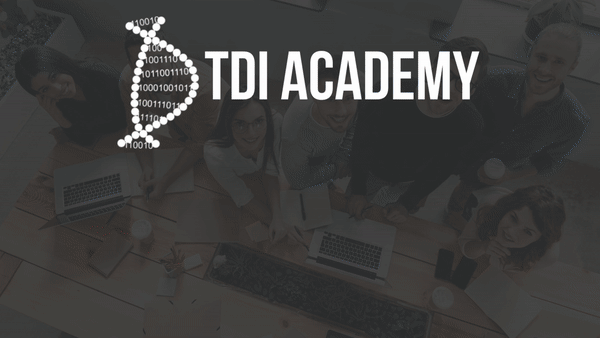Library: Global IQX – Enabling Ecosystems: Golden Rules of Digital Transformation
Executive summary :
Today, insurance systems need to talk to each other. They must store, share, retrieve and use the same data. Data should flow unimpeded from the first information collected from a prospect or census, straight-through underwriting to policy administration to claims.
Failure to integrate data increases costs and complexity and reduces accuracy. Manual input errors can slow everything down, potentially leading to loss of business in an increasingly competitive environment for group and voluntary benefits. In fact, insurance technology laggards lost 10% of their annual revenue in 2018, and if they don’t change, they could miss out on as much as 37% of their yearly income by 2023.
Our clients at Global IQX often choose other best-of-breed systems to optimise their digital capabilities: CRM, policy administration, claims, enrolment systems, risk and lead scores and self-built software. No one wants to re-enter data. Everyone requires an automated streamlined solution.
Frictionless integrations with other systems yield an impressive competitive advantage. Indeed, technology leaders like Uber maintain ecosystems of thousands of different microservices to deliver maximal value to their customers. Similarly, insurance companies that take advantage of the dynamism and flexibility of digital ecosystems will be able to deliver more value to their customers, faster.
In spite of this, insurers today often still can’t use the same data across their value chain for a variety of reasons, with the burdens of legacy systems being foremost among them.
Legacy insurance systems
Legacy systems for employee benefits may still be great workhorses, but they are less flexible. It takes extra work to get them to communicate with other systems. In addition, insurers that have gone through a merger may have two systems and often find their systems incompatible. This means data must be reentered multiple times.
Even if carriers decide to implement their own integration, the dynamic nature of the group insurance market can quickly make a recent system integration obsolete.
For example, carriers may be forced to consider a new insurance product or furnish old ones to meet the market demands. Usually, such changes will trigger a cascade of updates for many, or sometimes all, integrated endpoints. Microservices can alleviate this kind of problem. Breaking down software into smaller components can lead to better modularity, reducing the implementation effort because smaller portions of the system have to be changed.
Sometimes even microservices are not enough – many carriers have implemented complicated data pipelines with complex business logic.
Changing or updating a single stage in this pipeline can dramatically affect any downstream endpoint. This is where the new IQX Exchanger platform can help. Instead of software updates and changes in the microservice application programming interface (API), the Global IQX Exchanger lets carriers quickly change or update the data structure that flows through the pipeline.
See the full report for more…
Link to Full Article:: click here
Link to Source:: click here
























































